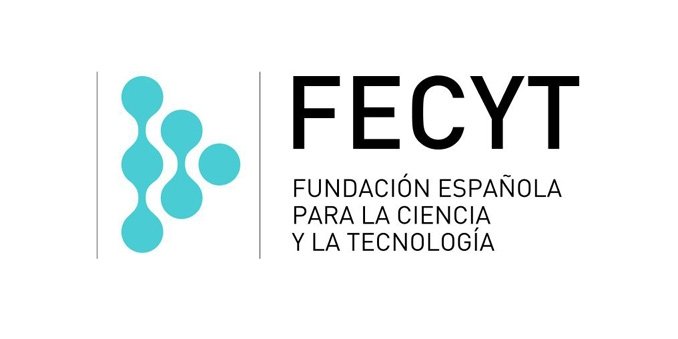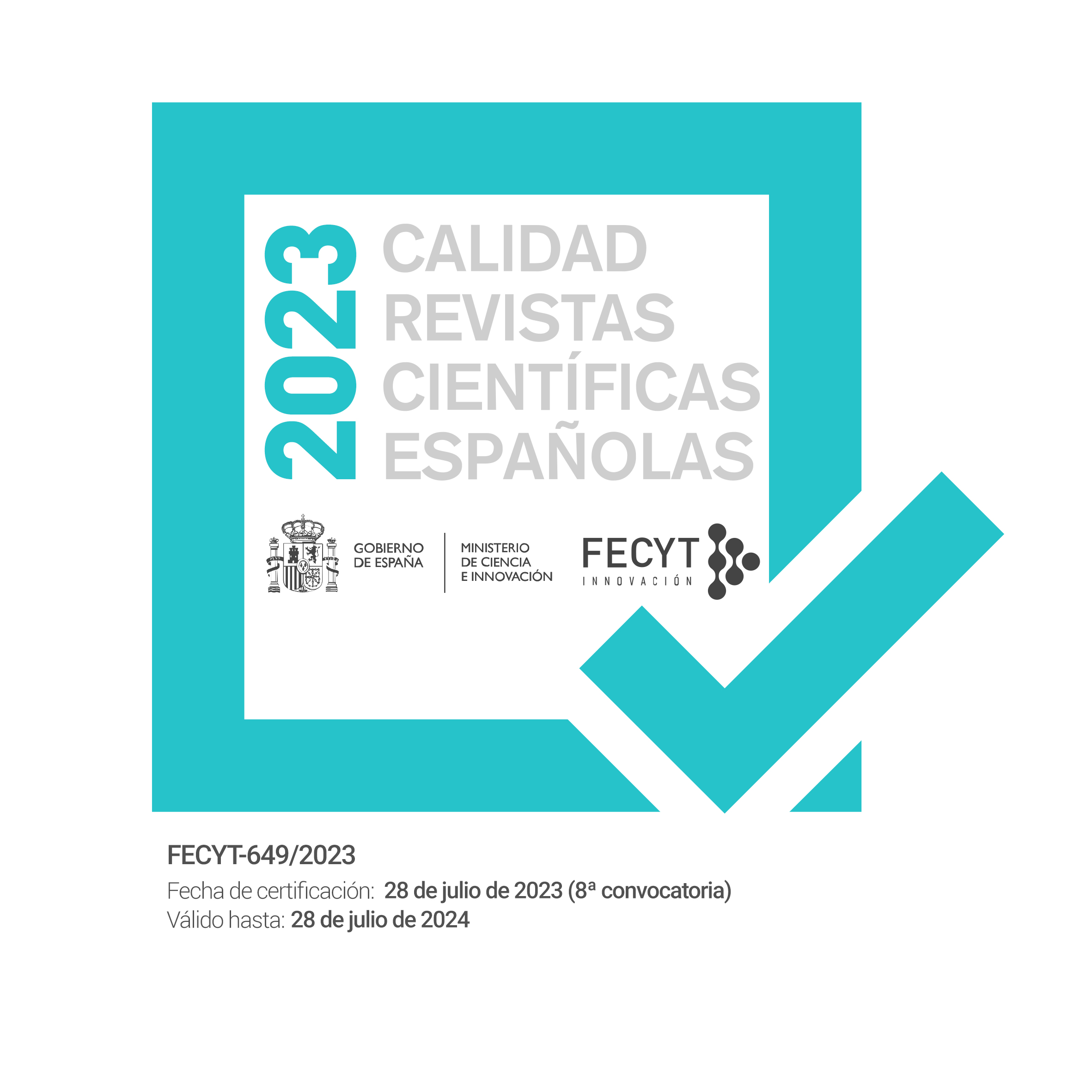Special Issue 02/2024: EXPERIENTIAL MARKETING IN TOURISM. NEW CHALLENGES AND TRENDS
Special Issue 02/2024: EXPERIENTIAL MARKETING IN TOURISM. NEW CHALLENGES AND TRENDS
Guest editors: Ana María Campón-Cerro, Elide Di-Clemente and José Manuel Hernández-Mogollón. Universidad de Extremadura (Spain)
Since Pine and Gilmore (1999) introduced the concept of the experience economy, the functioning of different sectors has been substantially modified to better match consumer expectations and the competitiveness levels of today's markets. Experiences are the new output of modern production systems, capable of providing value to both consumers and companies. In this context, experience marketing is beginning to emerge as the answer to the need for modern organisations to seek new strategies to conquer consumer preferences and differentiate themselves from their competitors. Nowadays, consumers are emotional as well as rational (Alagöz and Ekici, 2014), which means that in the purchasing process, they are not only looking for the satisfaction of their functional needs, but also for some personal gratification.
Tourism is no stranger to this experiential revolution. Tourism has traditionally been regarded as the experience industry and its products and services as experiential by their very nature (Lee and Smith, 2015; Oh et al., 2007; Quan and Wang, 2004; Williams, 2006).
Travel has taken on different roles in people's lives, acquiring different values over the last decades. Traditionally, holidays have been understood as a break from routine, and as an opportunity to live in different places and in different ways from everyday life. More recently, however, travel has become an opportunity to take care of passions, interests and aspects of life (health, gastronomy, hobbies, sports, etc.) that are neglected in everyday life due to lack of time (Brey and Letho, 2007), but which characterise people both outside and inside the holiday environment and define their consumption and travel decisions. According to Binkhorst and Den Dekker (2009), people understand leisure time as an opportunity to live unique experiences and to reflect their personal stories. In this line, holidays are seen as moments of personal development and as small doses of happiness whose effects can linger after them, providing pleasant memories that will prolong the feeling of self- satisfaction, until the next travel opportunity, and may even intervene in future purchasing decisions.
From the latter perspective, travel does not represent a break from everyday life, but rather a continuum, a window of contact with activities, not completely unrelated to lifestyle, but perhaps not completely neglected in everyday life. Thus, holiday time becomes a space for self-affirmation and is increasingly seen as a time to experience something unique, memorable and even transformative (Kirillova et al., 2017).
Under this new approach, the consumer's expectation of the tourism product does not coincide with the mere possibility of receiving a set of well-delivered, quality services, but rather aspires to have special experiences, due to their emotional content and the significance they can have in their lives. The tourism industry is faced with the need to operate in a context of high levels of competition and a demand characterised by informed and demanding consumers. New strategies are needed to meet the challenges and innovations required by the sector (Di-Clemente et al., 2020).
Griffin and Loersch (2006) argue that one way to address this challenge is to focus on the delivery of quality tourism experiences. These have been recognised in the scientific literature as valuable tools for their transformative potential, as they are a mean to promote significant personal changes (Kirillova et al., 2017) such as lifestyle alterations (Reisinger, 2013; Dillette et al., 2018; Hunt and Harbor, 2019; Pomfret and Varley, 2019).
Understanding the nature of tourism experiences, their determinants and consequences for the industry and consumers has become a fundamental issue that raises a number of questions, academic, practical and professional: What is a tourism experience? How does it differ from conventional tourism products? What are the defining elements? Are there elements/products that promote experientiality more than others? And if so, what are they? What are the effects of experiences on the future behavioural intentions of the tourism consumer? What does experientiality imply for tourism intermediation and commercialisation?
These questions have given rise to a prolific body of scientific research that has been consolidating over the last 20 years and has begun to answer some of the above questions. However, on many issues related to tourism experientiality there is still no consensus, which is an indication that this is a nascent and lively line of research that requires new contributions and further empirical evidence (Duerden et al., 2015; 2018).
In the same vein, another topic that is receiving much attention in the literature is the relationship between tourism consumption and people's quality of life or happiness and, as a consequence, the relationship between these latter aspects and tourists' consumption behaviour.
Therefore, the aim of this special issue is to compile and give visibility to the most recent contributions related to experientiality in tourism, and in explaining its relationship with other variables such as emotionality, memorability and well- being, both of tourists and host communities, from a marketing point of view.
The topics on which this issue focuses are listed below, by way of example, without prejudice to the inclusion of other related topics that may arise in the course of the collection of contributions.
- Elements of experientiality in tourism.
- Differences between experiential and traditional tourism.
- Memorable experiences and their effects on the tourism phenomenon.
- Experientiality and sustainability of tourist destinations.
- Tourism of the experiences and well-being of consumers and host communities.
- The role and nature of quality in experiential tourism.
- The tourism experience and its relationship to future behavioural intentions.
- The role of experientiality in tourism intermediation and marketing
Keywords: tourism marketing, tourism experiences, sustainability, memorability, wellbeing.
Proposed timetable:
- Deadline for submission of originals: March 2024.
- Expected publication date: July 2024.
Languages: Spanish or English.
References:
Binkhorst, E., y Den Dekker, D. (2009). Agenda for co-creation tourism experience research. Journal of Hospitality Marketing & Management, 18(2-3), 311-327. https://doi.org/10.1080/19368620802594193
Brey, E. T., y Lehto, X. Y. (2007). The relationship between daily and vacation activities. Annals of Tourism Research, 34, 160-180. https://doi.org/10.1016/j.annals.2006.08.001
Di-Clemente, E., Hernández-Mogollón, J.M. y Campón-Cerro, A.M. (2020). Tourists’ involvement and memorable food-based experiences as new determinants of behavioural intentions towards typical products, Current Issues in Tourism, 23(18), 2319-2332, https://doi.org/10.1080/13683500.2019.1631265
Dillette, A. K., Douglas, A. C., & Andrzejewski, C. (2018). Yoga tourism–a catalyst for transformation? Annals of Leisure Research, 22(1), 22–41.
Duerden, M. D., Lundberg, N. R., Ward, P., Taniguchi, S. T., Hill, B., Widmer, M. A., y Zabriskie, R. (2018). From ordinary to extraordinary: A framework of experience types. Journal of Leisure Research, 49(3-5), 196-216. https://doi.org/10.1080/00222216.2018.1528779
Duerden, M. D., Ward, P. J., y Freeman, P. A. (2015). Conceptualizing structured experiences: Seeking interdisciplinary integration. Journal of Leisure Research, 47(5), 601-620. https://doi.org/10.18666/jlr-2015-v47-i5-6096
Griffin, T., & Loersch, A. (2006) The determinants of quality experiences in an emerging wine region. In J. Carlsen & S. Charters (Eds.), Global Wine Tourism: Research, Management and Marketing (pp. 80–91). CAB International.
https://doi.org/10.1080/11745398.2018.1459195
Hunt, C. A., & Harbor, L. C. (2019). Pro-environmental tourism: Lessons from adventure, wellness and eco-tourism (AWE) in Costa Rica. Journal of Outdoor Recreation and Tourism, 28. https://doi.org/10.1016/j.jort.2018.11.007
Kirillova, K., Lehto, X., & Cai, L. (2017b). What triggers transformative tourism experiences? Tourism Recreation Research, 42(4), 498–511. https://doi.org/10.1080/02508281.2017.1342349
Pine, J., & Gilmore, J. (1998). Welcome to the Experience Economy. Harvard Business Review, 97-105.
Pomfret, G., & Varley, P. (2019). Families at leisure outdoors: well-being through adventure. Leisure Studies, 38(4), 494–508. https://doi.org/10.1080/02614367.2019.1600574
Reisinger, Y. (Ed.). (2013). Transformational tourism: Tourist perspectives. CAB International.




























